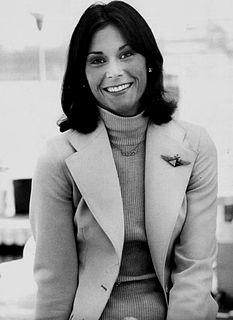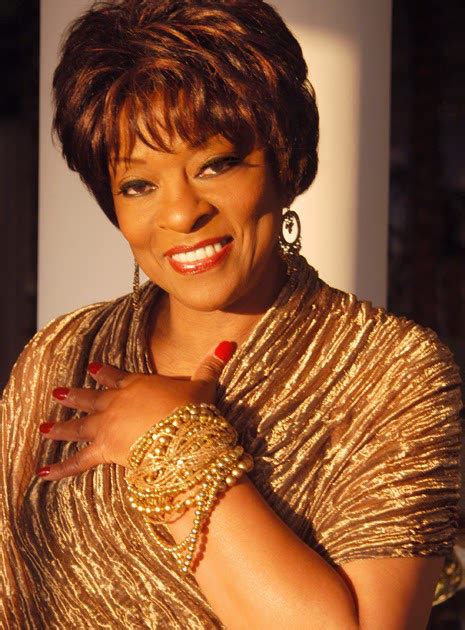A Quote by Olivia Newton-John
In June 1992, I discovered a lump in my breast. A subsequent mammogram, ultrasound and a needle biopsy proved negative. But my instinct said it still didn't feel right, so I had a lumpectomy. I then got the news that it was cancer.
Related Quotes
My breast cancer was caught very early thanks to my doctor a wonderful woman named Elsie Giogi, who just recently passed away after practicing medicine into her 80's. At the time, she had suggested I go for a baseline mammogram before age 40 because I had fibrocystic breasts. The mammogram discovered a tiny tumor, and it was so small that they were able to take it out very easily. I had a lumpectomy. Unfortunately, they did miss a little of the cancer, and two years later I had a mastectomy. But hey, I'm here, I'm alive, and I'm going to live to be 100!
I wish that I knew the importance of having a regular mammogram, as early detection offers better treatment options and a better quality of life. I ignored the warning signs of the lump underneath my right arm when I discovered it in September 2006 and didn't seek medical attention until March 2007. By then, I was experiencing a late stage of breast cancer that forever changed my life.
One of life's best coping mechanisms is to know the difference between an inconvenience and a problem. If you break your neck, if you have nothing to eat, if your house is on fire, then you’ve got a problem. Everything else is an inconvenience. Life is inconvenient. Life is lumpy. A lump in the oatmeal, a lump in the throat and a lump in the breast are not the same kind of lump. One needs to learn the difference.
An abnormality on a mammogram can turn a woman's life upside down, even if no cancer is ultimately found. At the very least, she will have to undergo more tests, usually with a biopsy as a first step. The procedure takes its toll in time and money and even more so in the stress it introduces into a woman's life.



































